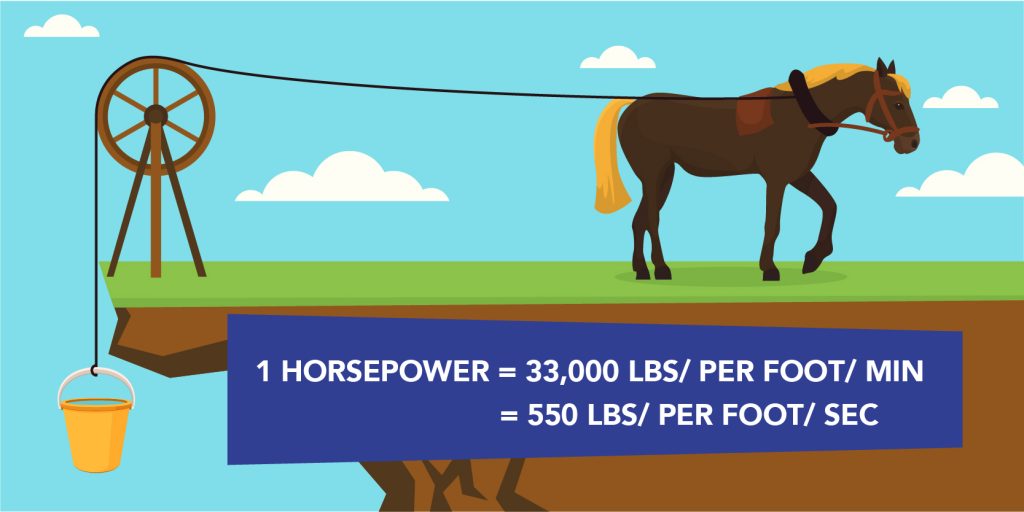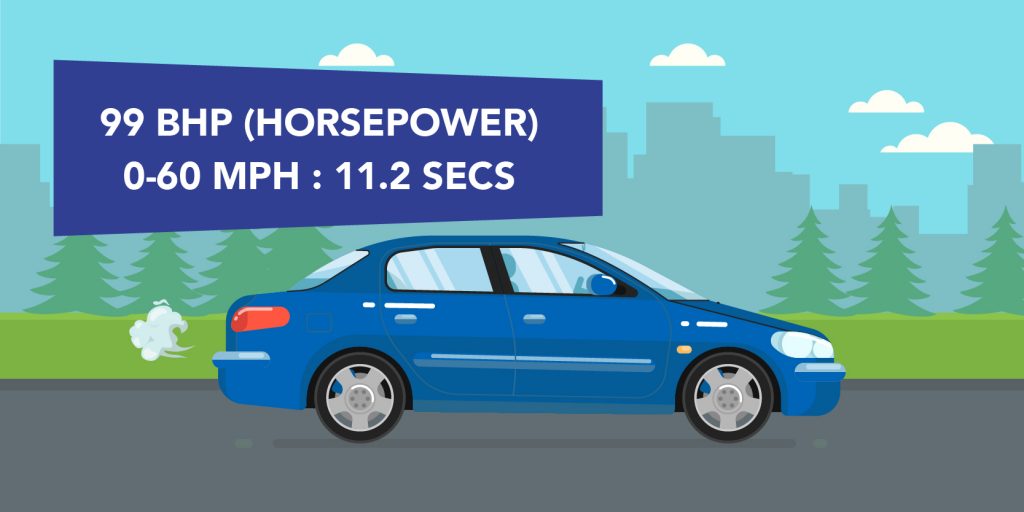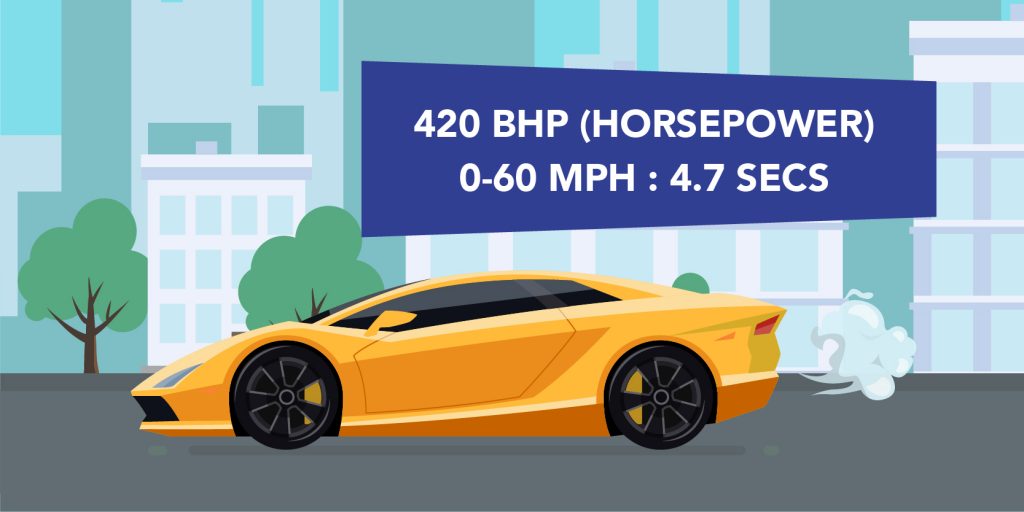What is horsepower?
- The term ‘horsepower’ was coined in 1782 by Scottish inventor James Watt.
- One unit of horsepower equals the movement of approximately 150 kg (330 lbs) 30 metres (100 feet) in one minute.
- A vehicle’s overall performance also depends on other factors, such as its weight and the balance between horsepower and torque.

‘Horsepower’ is a term commonly associated with vehicles. It is a well known phrase — even to those who aren’t particularly knowledgeable about cars — and yet is also one of the most misunderstood. What exactly is horsepower? And why is the word horse being used in relation to motor vehicles? This article will answer all of these questions and more, exploring the history and meaning behind the word.
How is horsepower used today?
Horsepower is most commonly used nowadays to measure the rate of work of an engine. More specifically, horsepower is a measurement of the amount of power an engine needs to lift 33,000lbs (approx 15,000kgs or 16.5 tons) at a distance of one foot per minute. Generally speaking, if a car produces high horsepower, it will have better acceleration. In many people’s minds, this equates to better overall performance. In this respect, horsepower can be equated to other units such as watts, joules and calories.
Who coined the term horsepower?
The term ‘horsepower’ was coined in 1782 by Scottish inventor James Watt.
Watt is best known today for the creation of the steam engine. His contraption was a roaring success from its conception, soon becoming a focal part of the coal mining process. The steam engine was outworking the horses in all aspects, to the delight of the mine owners. They asked Watt how many horses an engine could replace. Watt measured the capability of a big horse pulling a load and found that it could pull a weight of 150lbs while walking at 2.5 miles per hour. This enabled him to calculate that one horse could move 33,000lbs one foot in one minute, or, equally, 330lbs 100 feet in one minute. Thus, ‘one horsepower’ is used to describe an engine that can also move 330lbs 100 feet in one minute.
How does horsepower affect performance?
Greater horsepower means greater acceleration, but there are other factors that contribute to a vehicle’s performance and handling. Two cars with the same horsepower rating may differ on speed and acceleration if one car is significantly lighter than the other.

Torque is another factor to consider. Torque measures twisting force; the greater the vehicle’s torque, the better it can accelerate from a stationary position. To gain the best performance from a vehicle, both the horsepower and torque should be calibrated so that they complement one another. A vehicle with horsepower and torque that are out of sync will not provide a smooth drive.

Here at Mr Tyre, we cater for all types of car. We stock a vast range from all of the world’s leading tyre manufacturers, and offer thorough MOTs and servicing at our centres throughout Central England. With a dedicated team of specialists and over 48 years of experience in the industry, we guarantee to keep you safe on the road all year round. For your nearest centre, use our branch finder tool.

